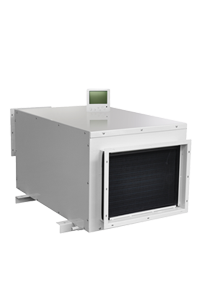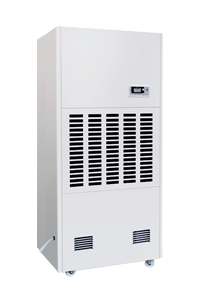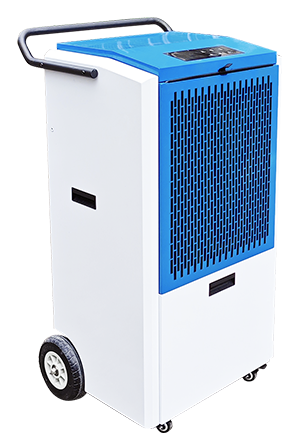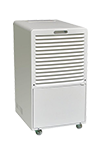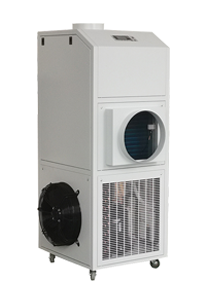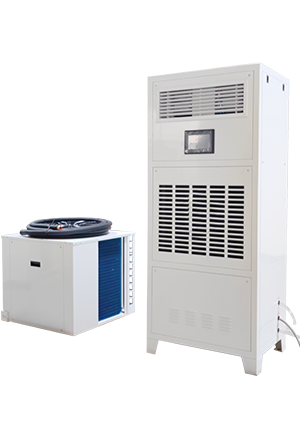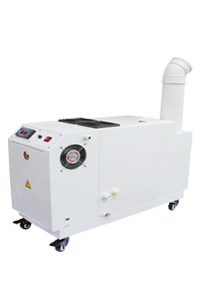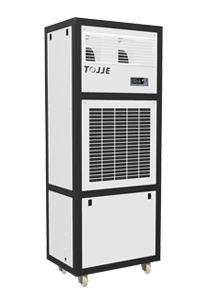News
In industrial settings, moisture is more than a nuisance—it’s a serious threat. Excess humidity can lead to corrosion, mold, condensation, and product degradation, all of which can disrupt operations and cause costly damage. That’s why industrial dehumidifiers are essential tools for maintaining stable conditions, protecting assets, and ensuring long-term reliability.
Whether you're running a warehouse, a manufacturing plant, or a processing facility, effective humidity control is key to preserving equipment, safeguarding products, and optimizing overall performance.
Why Humidity Control Matters
Uncontrolled humidity can silently affect operations in multiple ways:
Metal corrosion on machinery, piping, and tools
Mold and mildew growth on stored goods and packaging
Electrical failures caused by condensation
Material swelling or warping (e.g., paper, wood, electronics)
Product spoilage in food, pharmaceuticals, and textiles
Even short-term exposure to high humidity can lead to irreversible damage. That’s where industrial-grade dehumidifiers come in—offering precise, consistent moisture removal even in large or demanding environments.
How Industrial Dehumidifiers Work
Industrial dehumidifiers remove moisture from the air through refrigeration (condensation), desiccant absorption, or hybrid technologies. They are designed to:
Handle high volumes of air
Operate continuously in tough conditions
Maintain specific relative humidity (RH) targets
Integrate with HVAC or environmental control systems
Many models come with automated sensors, programmable controls, and robust drainage or water recovery systems to support 24/7 operation with minimal maintenance.
Protecting Equipment with Dehumidification
Industrial equipment represents a significant investment. Moisture can reduce the lifespan and reliability of:
CNC machines and tooling
Motors, bearings, and electrical panels
Control systems and sensitive instruments
Conveyor systems and mechanical assemblies
By maintaining optimal humidity, industrial dehumidifiers prevent rust, oxidation, and electrical shorts, helping companies reduce downtime and extend equipment life.
Safeguarding Products and Inventory
For warehouses and storage facilities, the damage from humidity can be devastating—especially when storing:
Electronics and batteries
Pharmaceuticals and chemicals
Paper goods or textiles
Food products in dry or cold storage
Industrial dehumidifiers help prevent packaging deterioration, microbial growth, and material deformation, ensuring that goods stay in perfect condition until they reach the end user.
Ideal Applications and Industries
Industrial dehumidifiers are widely used in:
Food and beverage processing
Pharmaceutical manufacturing
Electronics and semiconductor production
Automotive and aerospace assembly
Data centers and control rooms
Cold storage and logistics
Each industry has unique humidity challenges—and dehumidifiers can be tailored to meet them with specific airflow rates, moisture removal capacities, and control features.
In today’s precision-driven industrial environments, humidity is a variable you can’t afford to ignore. Industrial dehumidifiers are not just environmental add-ons—they are proactive tools that protect equipment, preserve products, and safeguard profitability.

